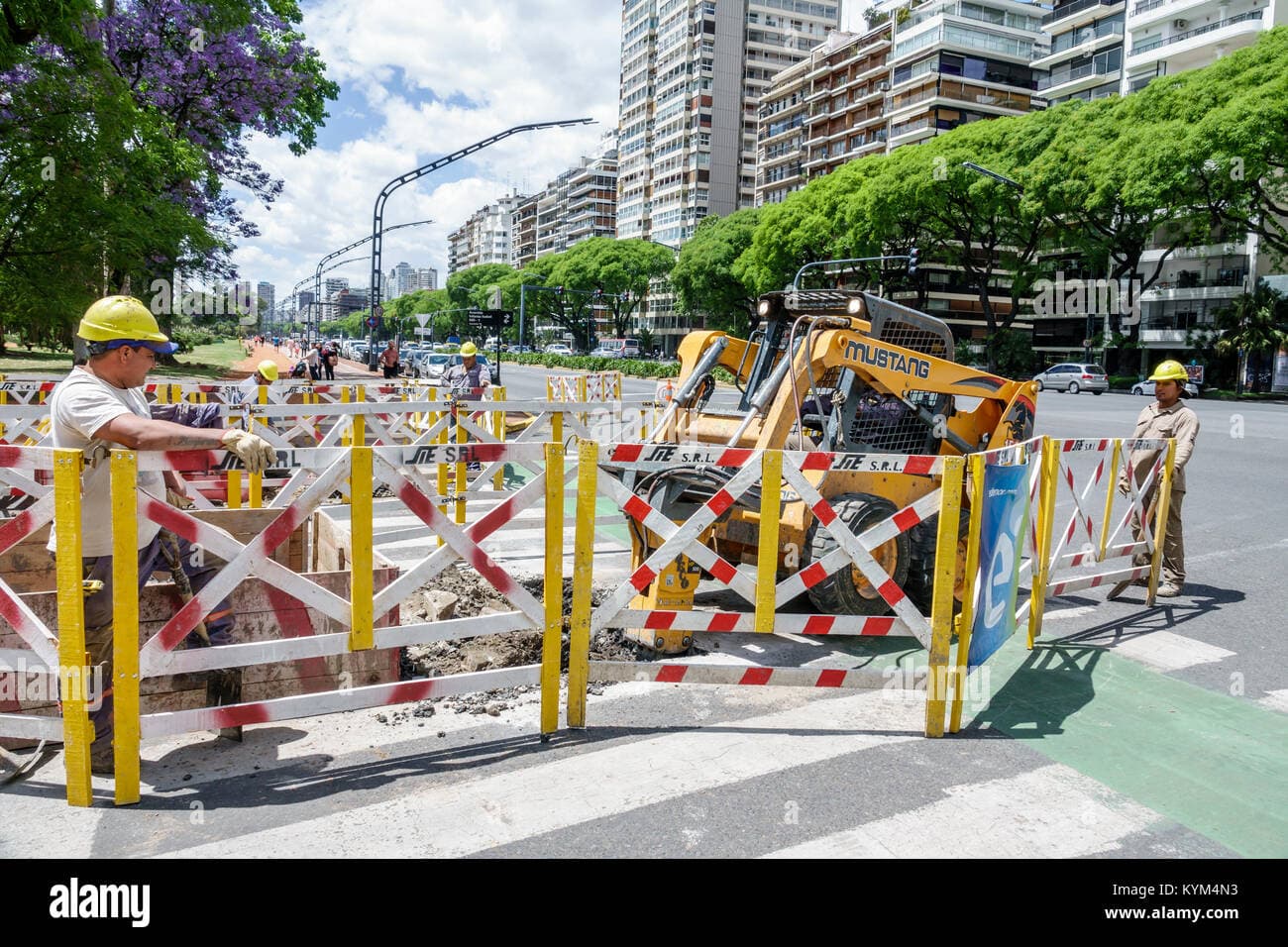Buenos Aires Street Work Draws Scrutiny Amid Broader Corruption Concerns

Buenos Aires, Argentina – A recent observation regarding repetitive street construction in Buenos Aires has ignited public discussion, with one individual describing the process as potentially fraudulent. Stewart Alsop, host of Crazy Wisdom Radio Show, highlighted a specific instance on social media, stating, "> It’s really crazy what’s going on with the street construction in Buenos Aires. They ripped this up a month ago, installed new concrete and have now ripped it up again. Feels very scam like." This direct account underscores a common frustration among residents regarding the efficiency and transparency of local public works.
The phenomenon of streets being repaved only to be torn up again shortly thereafter is a recurring complaint in Buenos Aires. While official explanations for such practices are often absent, public sentiment suggests that poor coordination between municipal departments or utility companies, as well as inadequate initial planning, may contribute to these seemingly wasteful cycles. This often leads to freshly laid surfaces being disturbed for subsequent infrastructure repairs or upgrades.
The context of these local observations is set against a backdrop of persistent corruption allegations within Argentina's public works sector. Former President Cristina Fernández de Kirchner was convicted in 2022 for fraud related to public works contracts during her presidency, receiving a six-year sentence and a lifetime ban from public office. More recently, the administration of President Javier Milei has faced scrutiny, with allegations of kickback schemes tied to government contracts, including those involving his sister, Karina Milei.
These high-profile cases have fueled public skepticism regarding the management of public funds and the integrity of infrastructure projects. The construction sector in Argentina has also reportedly faced an "unprecedented crisis," marked by the near-total paralysis of national public works, according to Gustavo Weiss, president of the Argentine Chamber of Construction (CAMARCO), in June 2024. This broader instability can exacerbate issues of project oversight and resource allocation within municipal projects.
While Buenos Aires has successfully implemented significant urban improvements, such as the Metrobus system and widespread LED street lighting, the recurrent issues in basic road maintenance and construction continue to be a point of public contention. The recent social media post by Alsop serves as a fresh reminder of the ongoing challenges in ensuring efficient and transparent public works in the Argentine capital.